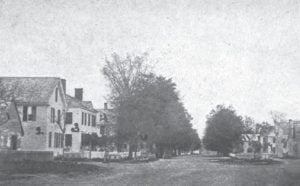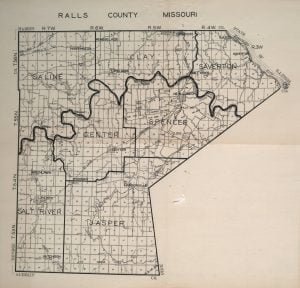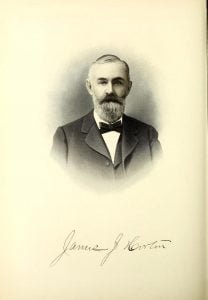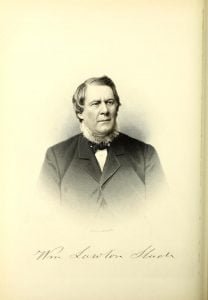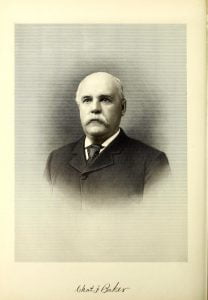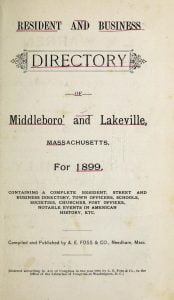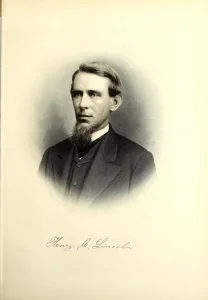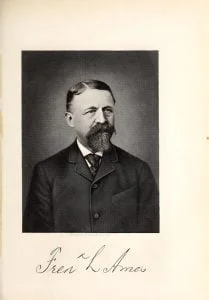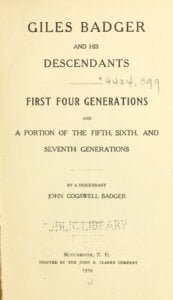From its earliest history Taunton has been an important manufacturing center, from the building of the first dam on Mill river, near what became Cohasset street, and the first mill. Thomas Lincoln from Hingham became the owner of this mill in 1649, and soon after removed his family hither. As stated elsewhere he came from old England to New England in 1635, locating at Hingham. He continued proprietor of the mill about thirty-three years, when at his death his sons John and Samuel Lincoln came into possession of it. Caleb Lincoln, the farmer and miller of Westville village, was of the sixth generation in descent from Thomas Lincoln the “miller,” and it has been through his family and his descendants that the manufacturing proclivities of the earlier, family have been kept alive, and, too, in a conspicuous manner, as several of his sons and grandsons have long together and in turn been largely and successfully identified with some of the extensive manufacturing enterprises of that city of great industries – Fall River – and as well been among the substantial men and prominent citizens of that place; notably the late Jonathan Thayer Lincoln, long recognized as a man of superior business ability – to whose mechanical ingenuity and business sagacity was largely due the successful building up of the firm of Kilburn, Lincoln & Co., of which he was long a member, and of which concern later, on its incorporation, he became the executive head; and the latter’s sons Henry C. Edward and Leontine Lincoln, all of whom were reared and trained under the direction of the father in the concern, Henry C. Lincoln succeeding his father on the latter’s death to the presidency of it; while Leontine Lincoln has been for nearly forty years treasurer, and has been long identified with other extensive enterprises of Fall River.


